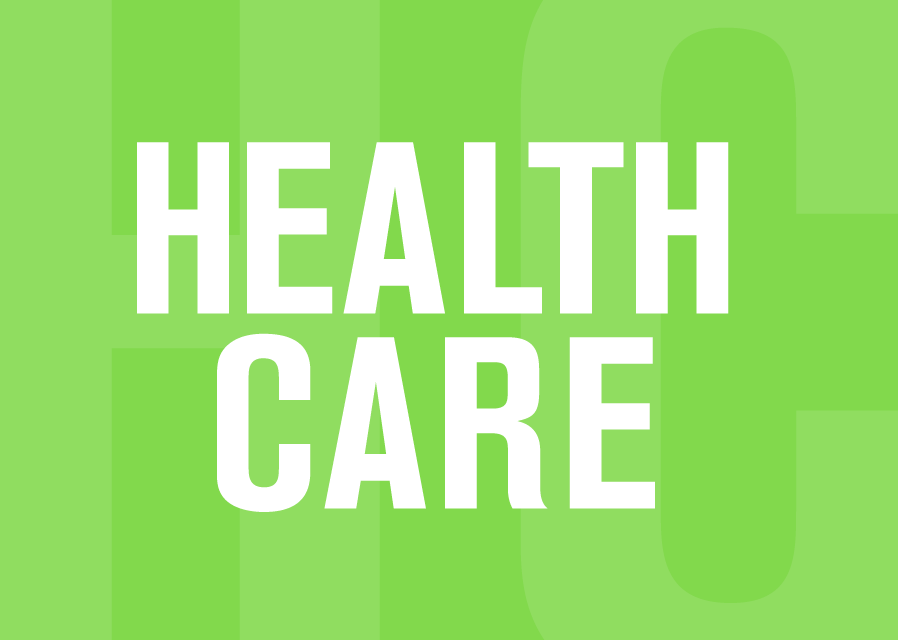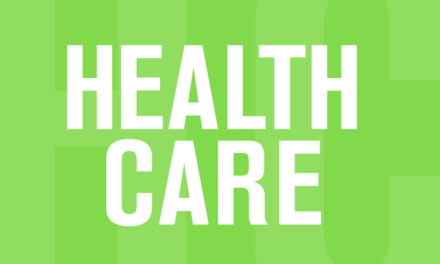For months now in the local media it has been all about family doctors. The Chronicle-Herald, marshalling its diminished post-strike resources, has featured so many articles about our family doctor shortage that I’ve given up counting. And this past week, the CBC-come-lately went at the subject, all guns blazing.
Good for both of them. Family doctors are fundamental to our health care system and deserve to be respected, adequately rewarded and even championed by the media if the situation warrants it. But as a recent report from the C.D. Howe Institute points out, the challenges faced by the health care system in Canada, and especially in our corner of this great country, go well beyond a real or impending shortage of family doctors.
The report has a nifty title: “Reality Bites: how Canada’s Healthcare System Compares to its International Peers.” It came out a couple of weeks ago but was under my radar until it popped up in the on-line Globe and Mail op-ed pages the other day. The report is based on research by the US Commonwealth Fund, which compares healthcare systems in developed countries with the system in the US, presumably in an attempt to convince Americans to improve their abysmal performance. According to the Howe report the entire Canadian health system fares poorly in comparison with other industrialized countries. None of the provinces even make it to the international average, and “the Atlantic provinces appear to have the most serious issues.”
We’re # 16
The report ranks eleven countries and ten provinces. Eight countries are above average – Australia, the UK, Netherlands, Norway, Switzerland, New Zealand, Sweden and Germany. Everybody else is below average. Positions nine through eleven are occupied by Alberta, BC and Ontario in that order. That close- to-mediocre showing by the three populous provinces puts Canada as a whole in twelfth place. Next comes Quebec, Saskatchewan and Manitoba, followed by Nova Scotia in sixteenth place, ahead of PEI, France, New Brunswick, Newfoundland and Labrador and dead last – the United States.
The report doesn’t say much about why France is such a mess, or about Canada’s physician numbers or privatization or any of those hot button issues. Instead it focuses on affordability and timeliness and finds that while “results across Canadian provinces were universally poor” the Atlantic provinces have “much deeper and more widespread issues.”
Patients across the country cited cost as a major reason for skipping dental appointments and foregoing expensive medication, but the problem is especially acute in the Atlantic region where government programs are lacking and incomes are lower. “Drug and dental care access is linked to income levels (as are) after-hours access to a regular doctor and time spent with a physician,” says the report. In addition, “life expectancy at age 60 is well below the international average in the Atlantic provinces.”
Political reponse
The C.D. Howe Institute is a pro-business outfit, which may be why it doesn’t come right out and say that even getting passable health care in this country depends on your income or where you live. But the gap in the rankings between the three wealthiest provinces and the east coast provinces speaks for itself. And the C.D. Howe is not the first mainstream business think tank to highlight the differing challenges facing certain provinces in delivering health care. It has been nearly three years since the Conference Board of Canada produced a report calling for a “demographic top-up” in federal health transfers. The top-up would compensate for the higher costs, in provinces like ours, of providing services to an older population – services that may keep us alive and healthy a bit longer, or at least provide us with a decent exit.
The reasonable proposition that in the interests of national standards health transfers should reflect demographics has yet to be accepted by the federal Liberals. And it has been gradually dropped as a demand by the chicken-hearted Liberal governments in the region. But as federal Liberal re-election chances in 2019 become more precarious, the party’s brain trust may realize that a meaningful gesture on health transfers could limit the inevitable loss of seats down this way. The upcoming federal budget may give an indication whether that’s in the works. Stay tuned.
-30-





